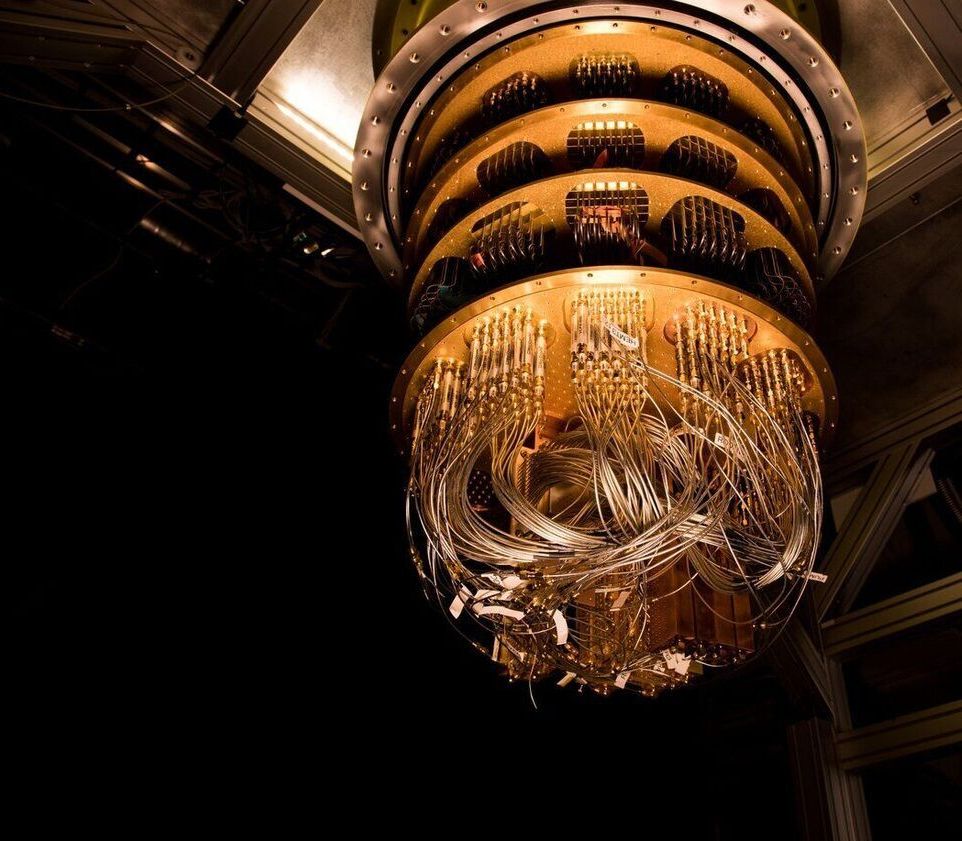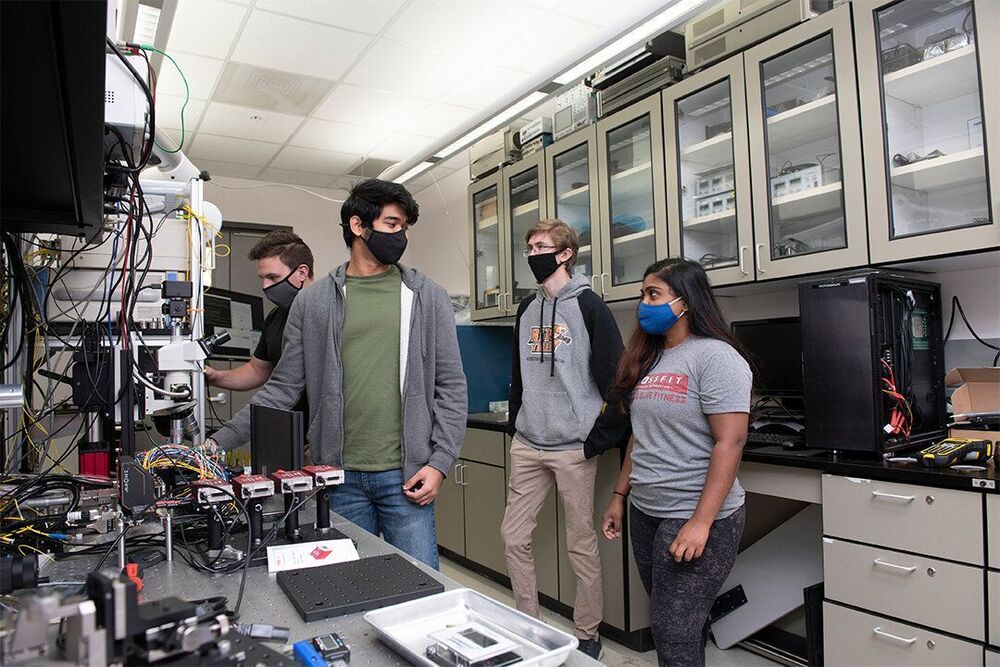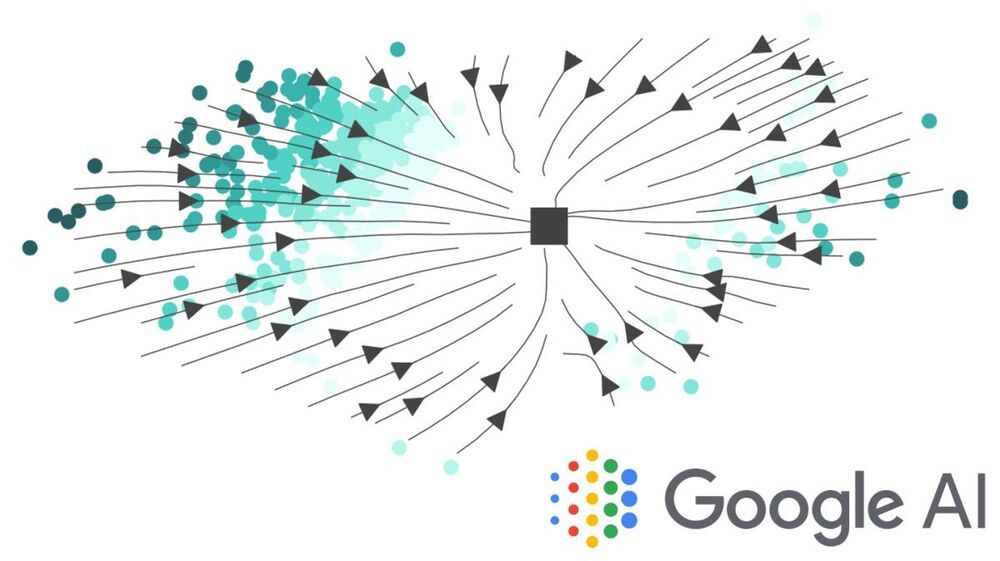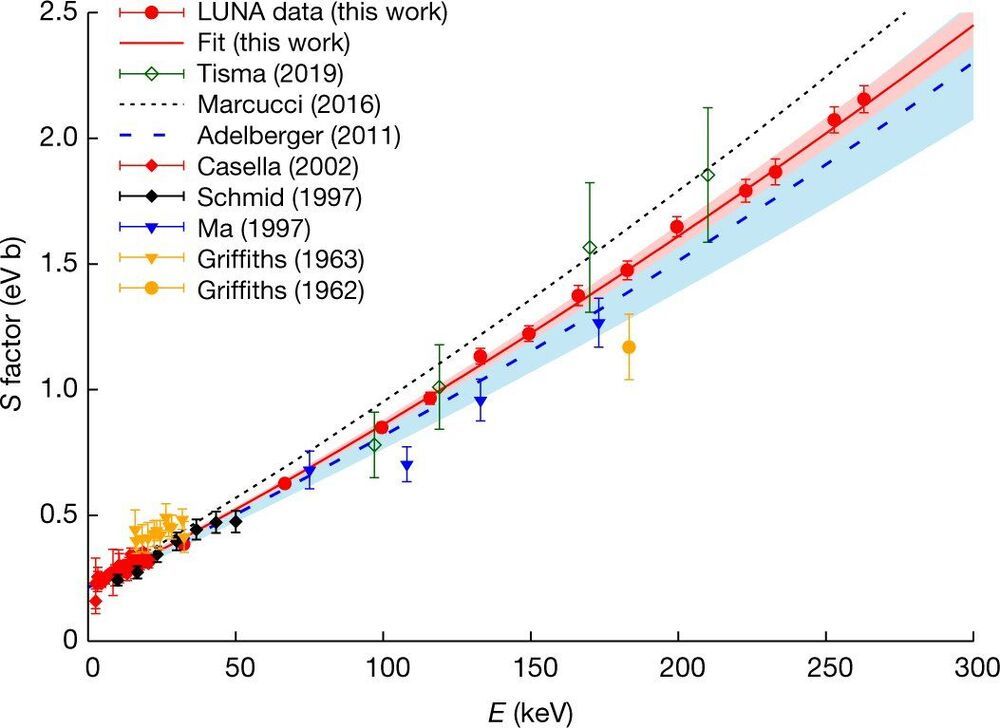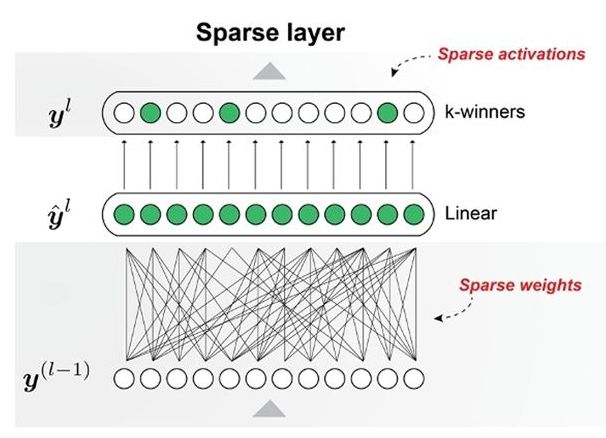Nov 26, 2020
AI trained on the bible spits out bleak religious prophecies
Posted by Shane Hinshaw in categories: existential risks, information science, robotics/AI
Code Unto Caesar
Durendal’s algorithm wrote scripture about three topics: “the plague,” “Caesar,” and “the end of days.” So it’s not surprising that things took a grim turn. The full text is full of glitches characteristic of AI-written texts, like excerpts where over half of the nouns are “Lord.” But some passages are more coherent and read like bizarre doomsday prophecies.
For example, from the plague section: “O LORD of hosts, the God of Israel; When they saw the angel of the Lord above all the brethren which were in the wilderness, and the soldiers of the prophets shall be ashamed of men.”





